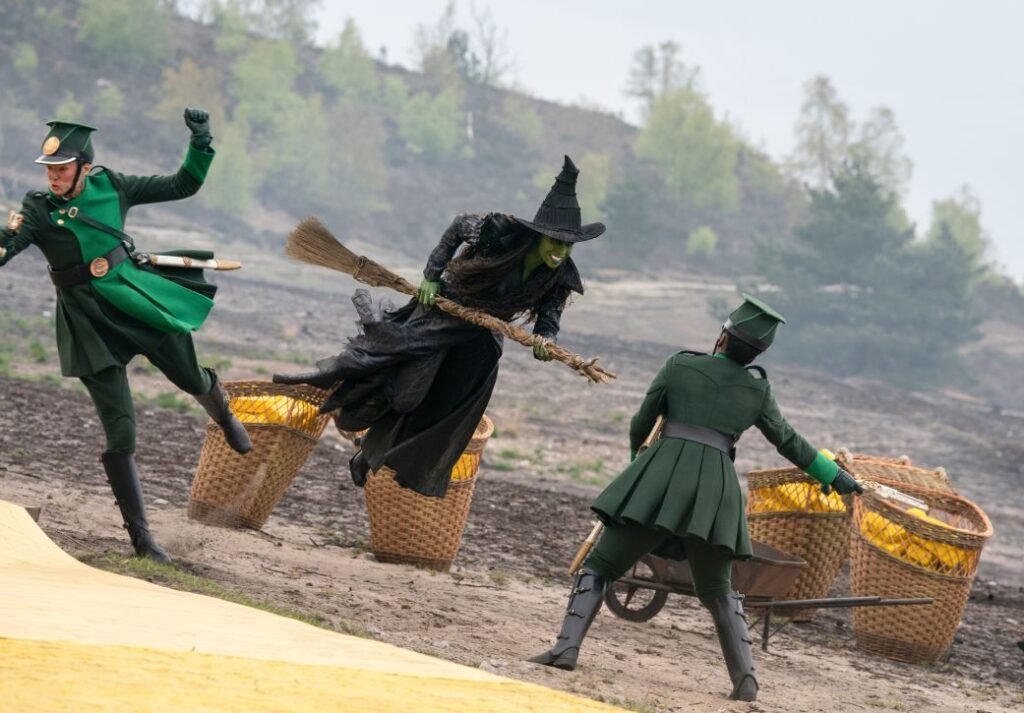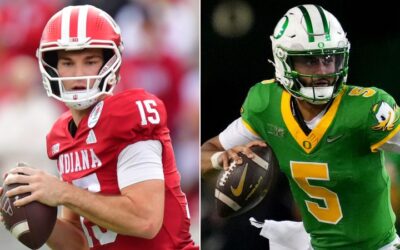EDITOR’S NOTE: This story contains spoilers for the new movie “Wicked: For Good.”
For anyone who loves “Wicked,” it’s easy to get swept up in the magic, the music and the sisterhood between the central pair of star-crossed friends at the heart of the story.
But it was also hard to ignore the first film’s political underpinnings, which shine even brighter in the follow up “Wicked: For Good,” in theaters now.
In the first part of the cinematic adaptation by director Jon M. Chu, which was nominated for best picture at last year’s Oscars, themes of racial tension were the backdrop to the story – which imagines an origin for the Wicked Witch of the West made famous in the 1939 classic film “The Wizard of Oz,” and explores her relationship with Glinda the Good. Woven into the premise are questions about how we embrace (or reject) those we feel are Other, as we see Glinda (Ariana Grande) at first denigrate green-skinned Elphaba (Cynthia Erivo), before warming up to her.
Their fragile bond is tested, however, when they come to discover that the feared and respected Wizard of Oz (Jeff Goldblum) is, in fact, a grand manipulator who intends to use Elphaba to achieve his goal of silencing the enchanted animals of Oz, who are seen having their rights increasingly stripped away and losing their ability to speak. The Wizard works with Elphaba’s teacher Madame Morrible (Michelle Yeoh) to devise propaganda throughout Oz about Elphaba, thereby bestowing on her the identity of a “wicked witch.”
Continue reading the complete article on the original source



